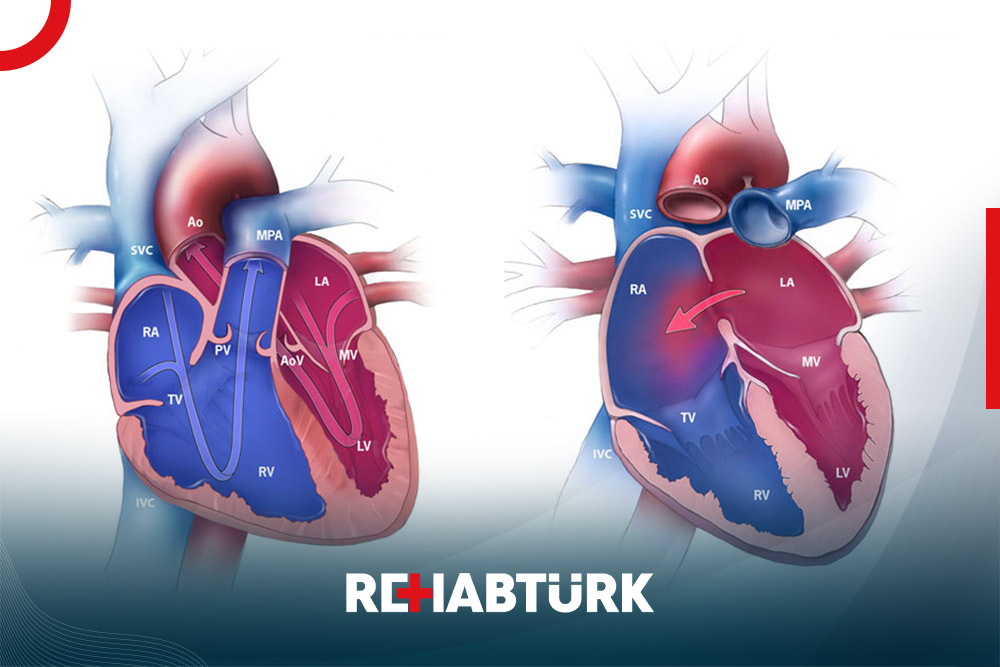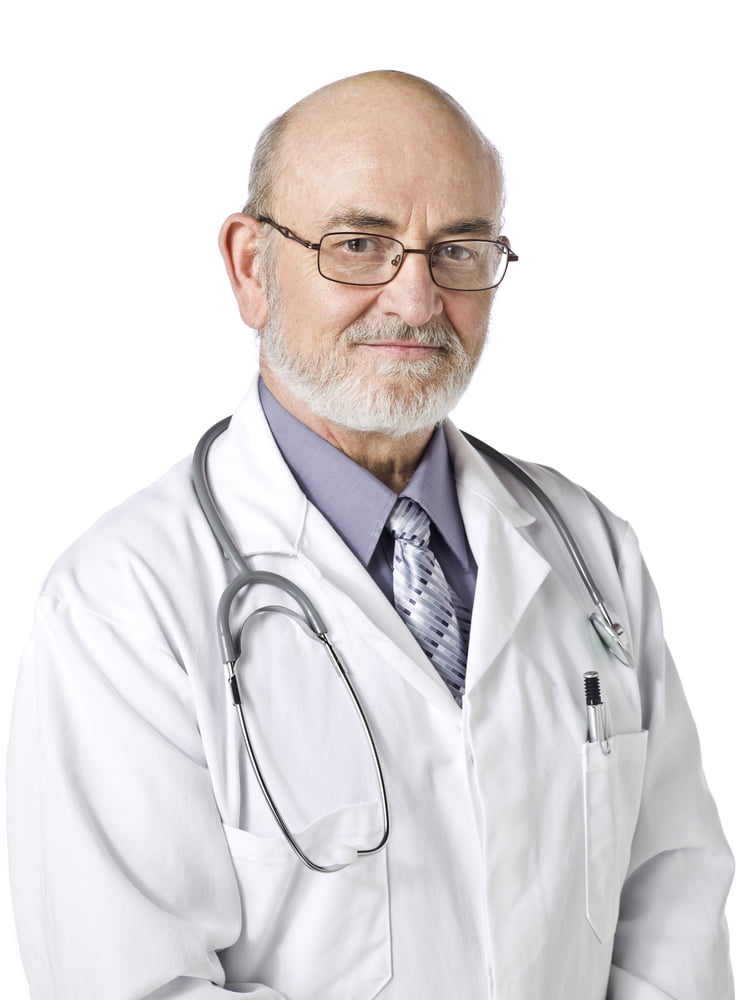Atrial septal defect in Türkiye
Atrial septal deformity is a hole in the septum between the atria (the two upper chambers of the heart ) and is referred to in English as abbreviated (ASD ) . Early childhood But a large, long-term atrial septal defect damages the heart and lungs because of the increased amount of blood that flows there, so it’s important to undergo surgery to prevent complications.

Symptoms of atrial septal defect:
Many children born with an atrial septal defect have no signs or symptoms, and signs or symptoms begin to appear in adulthood. Signs and symptoms of an atrial septal defect include:
- Shortness of breath, especially when exercising.
- Tired.
- Swelling in the legs, feet, or abdomen .
- Heart palpitations or a rapid heartbeat .
- ischemic stroke
- A heart murmur (a whistling sound that can be heard through a stethoscope).
When should you see a doctor?
You should see a doctor if the following symptoms appear:
- shortness of breath.
- Feeling tired easily, especially after activity.
- Swelling of the legs, feet, or abdomen.
- The heartbeat accelerates .
The above symptoms indicate an atrial septal defect.
How does the heart work?
The heart is divided into two pumps that work together in harmony. The blood returning from the organs and tissues of the body enters the right side of the heart, which in turn pumps the blood to the lungs. The lungs remove carbon dioxide from the blood and replace it with oxygen. Oxygen-rich blood returning from the lungs enters the left side of the heart, which in turn re-pumps it to all parts of the body. This process ensures that there is always enough oxygen and nourishment for the body to function efficiently.
Why does atrial septal defect occur?
Congenital heart defects result from early errors in the development of the heart, but often there is no clear cause, but genetic and environmental factors may play a role.
The effect of atrial septal defect on the work of the heart:
A large atrial septal defect causes increased blood flow to the lungs, exhaustion of the right side of the heart, and weakens and enlarges the right side of the heart if not treated, in addition to causing high blood pressure in the lungs (pulmonary hypertension).
Types of deformation:
The pulmonary circulation is the most common atrial septal defect and is located in the middle of the interatrial septal wall
Primary septal defect: This defect occurs in the lower part of the atrial septum.
Sinus venosus: originates in the upper part of the atrial septum.
Coronary sinus or coronary sinus: It is rare and is part of the wall between the coronary sinus.
What are the risk factors?
It is not known why the atrial septal defect develops, but heredity plays an important role in passing the disease between family strains, and it may sometimes be associated with other diseases such as Down syndrome.
In the event that the defect is present, the genetic counselor can infect children with this defect in the future, and some pathological conditions increase the risk of having a child with a heart defect, including:
German measles infection: German measles infection in the first months of pregnancy increases the risk of heart defects.
Abuse of drugs, tobacco or alcohol or exposure to certain substances : The use of certain drugs may harm the fetus during pregnancy and some substances such as tobacco, alcohol, drugs and cocaine
Diabetes or lupus: The risk of having a baby with a heart defect is increased because of diabetes or lupus.
What are the complications of an atrial septal defect?
Small atrial septal defects do not show any problems and often close during childhood, but large ones cause serious problems such as:
- Right side heart failure
- Arrhythmia
- Increased risk of having a stroke
- Short lifespan
Less common serious complications are:
Pulmonary artery hypertension : Increased blood flow to the lungs results in pulmonary hypertension
Eisenmenger Syndrome: High pulmonary artery pressure causes permanent lung damage, which soon progresses to Eisenmenger syndrome.
But treatment can prevent or help control many of these complications.

Treatment of atrial septal defect in Türkiye:
The medical staff of surgical teams, doctors and consultants in REHABTÜRK can provide the best treatment options and free consultations – by striving to keep abreast of the latest medical technologies and methods.
